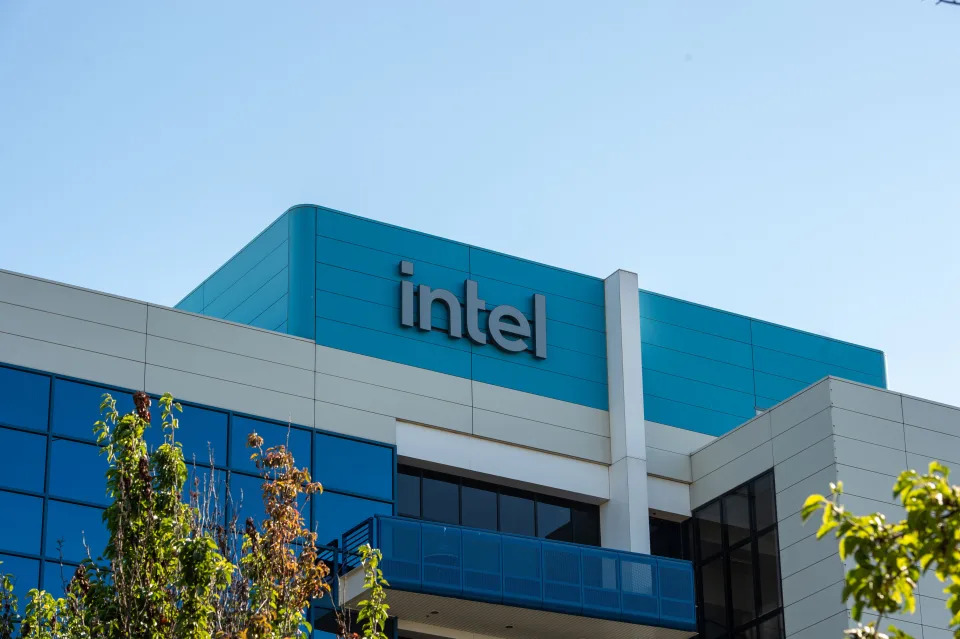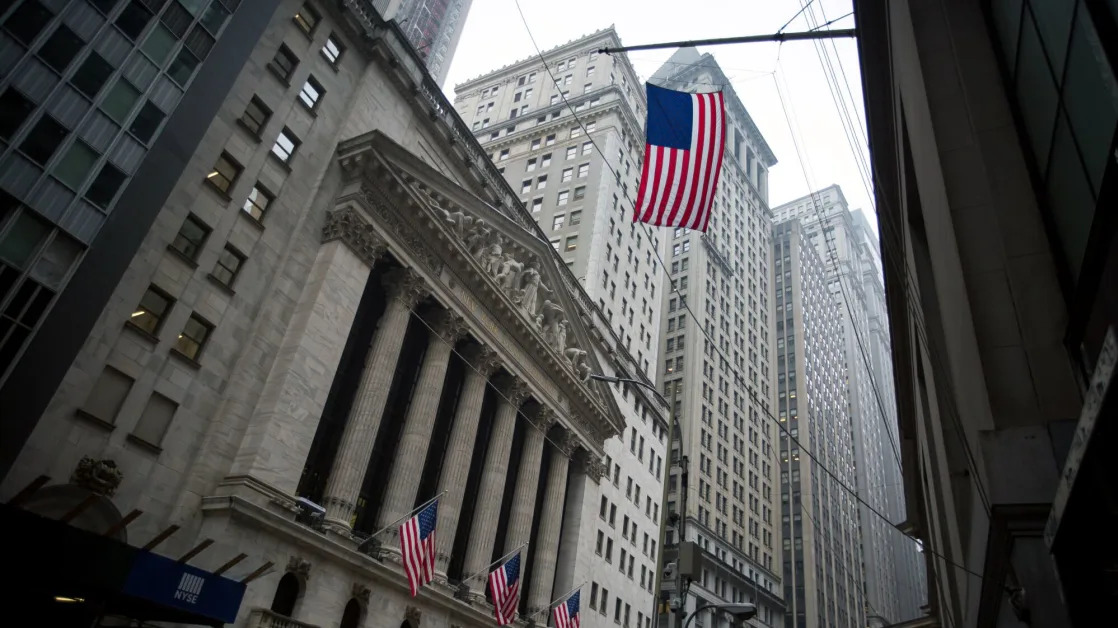Intel ( INTC ) stock fell 6% Wednesday, ending a massive upswing in which shares notched their biggest five-day gain in Intel's history as a publicly traded company. The decline came as analysts expressed skepticism over recent reports of potential deals with TSMC ( TSM ) and Broadcom ( AVGO ) to break up the storied US chipmaker.
Shares of Intel had surged 16% Tuesday following a Wall Street Journal report over the weekend that its rival, Taiwan's contract chip manufacturer TSMC, has looked at controlling some or all of Intel's semiconductor factories, potentially as part of an investor consortium. The Journal, citing people familiar with the discussions, also reported that Broadcom ( AVGO ) i s considering making a bid for Intel's product business , which designs semiconductors for computers and servers.
A news report the prior week indicated that the US was floating proposals to TSMC to support Intel’s turnaround . One of the proposals would reportedly establish a joint venture between TSMC and Intel, in which TSMC would send engineers to Intel to ensure its manufacturing business is viable.
Investors cheered the reports , with Intel gaining 38.5% over the five days ended Tuesday.
But Wall Street analysts have voiced concerns over a potential breakup of Intel.
Citi analyst Christopher Danely noted that TSMC and Intel use separate manufacturing processes. Because Intel’s chips are specifically designed using its own manufacturing processes, it wouldn’t make sense for TSMC to take control of its manufacturing facilities, he said.
“Just because two companies are making the same type of chip, they have completely separate software tools, processes, methodologies, all kinds of stuff,” he told Yahoo Finance in an interview Wednesday. “These guys that have worked at Intel for 10, 20, 30 years would have to learn completely new processes. It would just be a fiasco.”
A TSMC-Intel deal could also face scrutiny from regulators at home and abroad . That's because global regulators, including Chinese authorities would need to approve the deal, and they may have antitrust concerns, Wall Street analysts said.
And the Trump administration "could be wary of a foreign entity completely taking over an iconic US-firm," Bank of America analyst Vivek Arya wrote in a note to investors Tuesday.

Intel has long designed and manufactured semiconductors for itself, but the company opened up its manufacturing business to external customers — launching what’s called a foundry — in 2022. The foundry has failed to take on external customers, analysts say, and its product business has lost market share to rivals. Those struggles have made Intel an acquisition target in recent months.
As far as a potential Broadcom bid for that product business goes, Danely said the company would need to buy Intel in its entirety, not just part of it, for such an acquisition to be successful.
“There's a lot of synergies between the manufacturing side and the design side,” Danely said. “I don't think that breaking up their core business makes sense.” Instead, Danely said, Broadcom could buy the product business and divest Intel’s merchant foundry, but keep the company's internal manufacturing division.
But Intel isn’t likely to favor such deals, Danely, Bernstein analyst Stacy Rasgon, and Moor Insights & Strategy's Anshel Sag told Yahoo Finance.
That’s partly because Intel has insisted that its manufacturing process, which is set to be competitive with TSMC’s, is on track for production by the end of 2025.
“I actually don't think it's [Intel’s] desperate for cash right now. They’ve got a few years of runway,” Rasgon said.
Analysts also said it wouldn’t make competitive sense for TSMC to enter into a joint venture with Intel.
“Why would TSMC help its competitor gain share versus itself? To me that just makes absolutely zero sense whatsoever,” Danely said.
Correction: A previous version of this article misspelled Citi analyst Christopher Danely's name. We regret the error.




